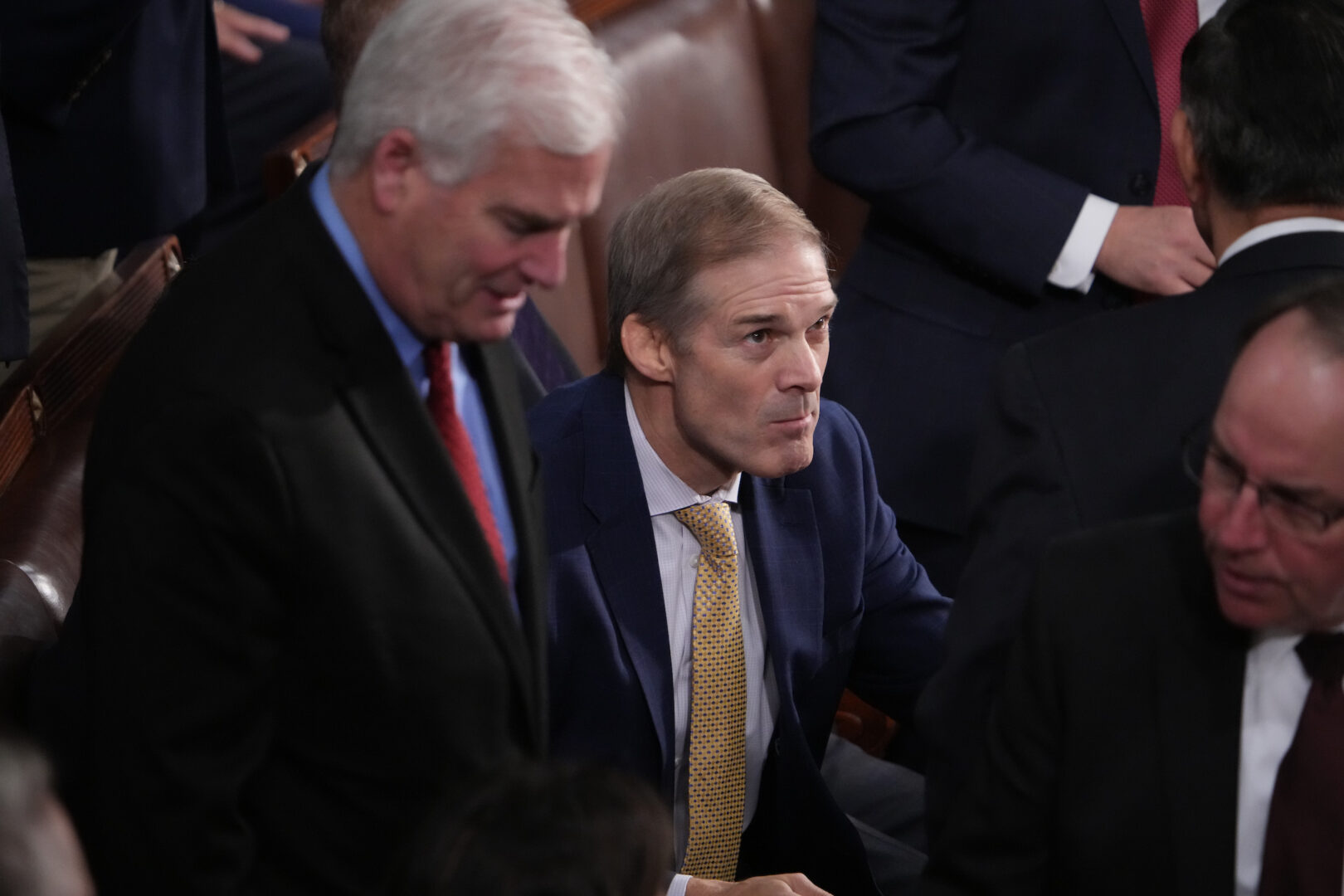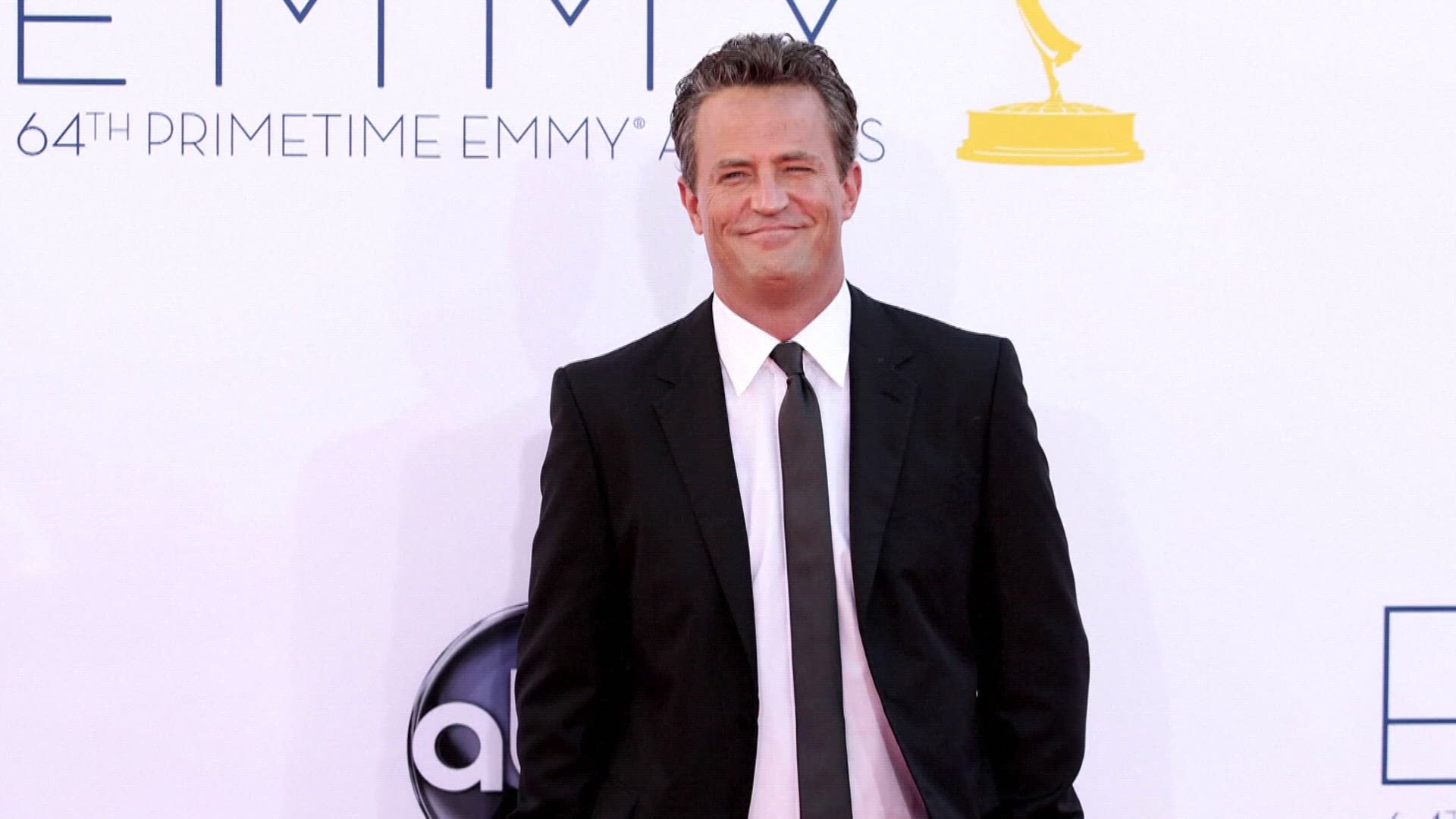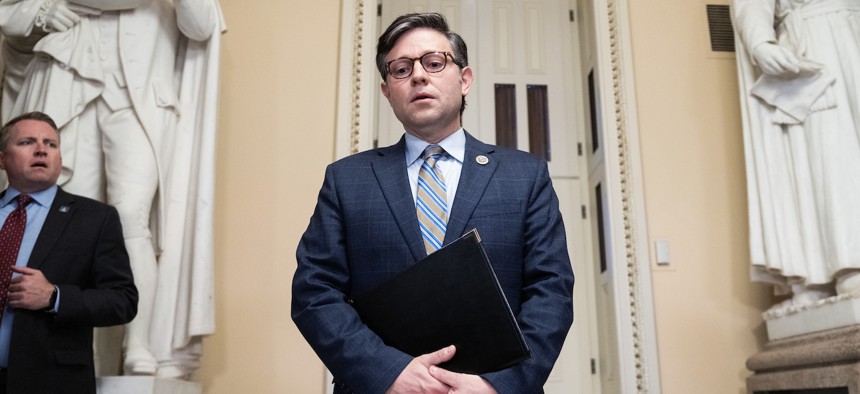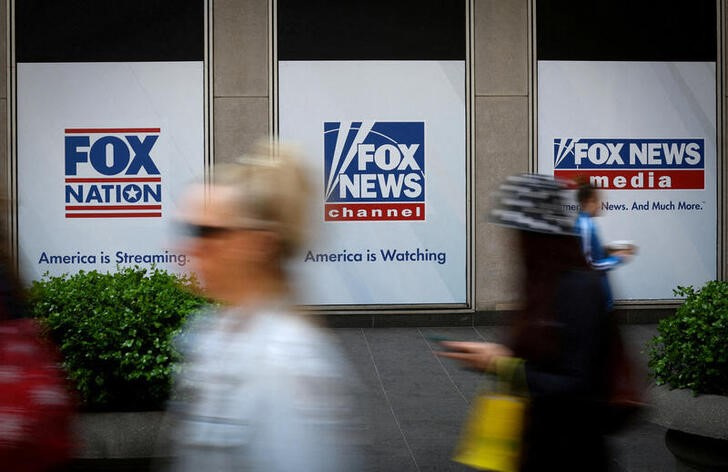As the New Hampshire primary approaches, Senate Republicans face a crucial decision on whether to endorse former President Trump. The dwindling time frame adds pressure, with the risk of losing political advantages and Trump’s favor before he potentially secures the GOP nomination.
Senator J.D. Vance (R-Ohio), an early Trump endorser, acknowledges the diminishing political upside of endorsing the former president as the primary progresses. Despite Trump’s resounding victory in Iowa, many Republicans view New Hampshire as their last opportunity to make a meaningful endorsement before the nomination becomes seemingly inevitable.
Trump’s history of turning against those he deems disloyal adds an additional layer of complexity for Republicans. Since December, 12 Senate Republicans have endorsed Trump, with a total of 26 senators backing him, representing over half of the GOP conference.
Senator Tim Scott (R-S.C.) recently threw his support behind Trump during a rally in New Hampshire, responding to pressure from both Trump and Nikki Haley. The pressure on senators to endorse Trump has not been explicitly heavy-handed, but Trump has privately expressed dissatisfaction with the lack of support from certain senators, including Senator Ted Cruz (R-Texas).
Senator Steve Daines (R-Mont.), chairman of the National Republican Senatorial Committee, has been quietly lobbying colleagues to support Trump, emphasizing the importance of unity ahead of the 2024 election. With Iowa concluded, Senators Joni Ernst (R-Iowa) and Chuck Grassley (R-Iowa) are now free to weigh in on the race, potentially adding significant endorsements to Trump’s tally.
While some prominent Republicans, like Senate Minority Leader Mitch McConnell (R-Ky.) and Senate Minority Whip John Thune (R-S.D.), are unlikely to endorse Trump, others in the party stress the need for unity behind the former president’s campaign.
Despite the dominance of Trump within the party, a few senators remain hesitant to endorse him until he officially secures the GOP nomination, with considerations about the general election setting and defeating President Biden.




















